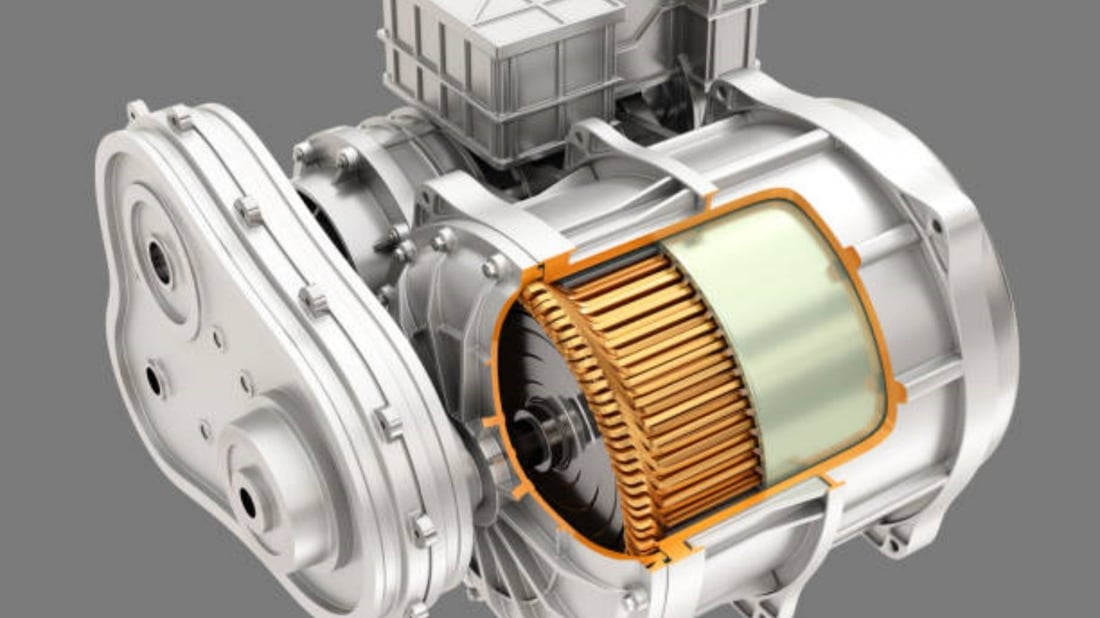Introduction
Hydraulic systems are integral to a wide range of industrial and commercial applications. They rely on hydraulic oil to function properly, but over time, contaminants and impurities can accumulate in the oil, leading to reduced performance and potential damage to the system. This is where a spin-on hydraulic oil filter comes into play. In this article, we will explore the various aspects and benefits of using a spin-on hydraulic oil filter.
1. What is a Spin-On Hydraulic Oil Filter?
A spin-on hydraulic oil filter is a type of filter that is designed to remove impurities and contaminants from hydraulic oil. It consists of a housing and a replaceable filter element, which is typically made of cellulose, synthetic fibers, or a combination of both. The filter is usually connected to the hydraulic system by a threaded base, allowing for easy installation and removal.
2. How Does a Spin-On Hydraulic Oil Filter Work?
The operation of a spin-on hydraulic oil filter is relatively simple. As the oil flows through the filter, the contaminants and impurities become trapped in the filter element, while the clean oil passes through and returns to the hydraulic system. The design of the filter element ensures that it can capture particles of various sizes, including dirt, metal shavings, and other debris that can harm the system.
3. The Importance of Regularly Changing the Spin-On Hydraulic Oil Filter
To maintain the optimal performance of a hydraulic system, it is crucial to regularly change the spin-on hydraulic oil filter. Over time, the filter element becomes saturated with contaminants, reducing its filtration efficiency. If the filter is not replaced in a timely manner, the contaminants can bypass the filter and enter the hydraulic system, leading to increased wear and tear, reduced system efficiency, and potential breakdowns.
4. Increased Efficiency and System Performance
One of the primary benefits of using a spin-on hydraulic oil filter is the increased efficiency and performance of the hydraulic system. By removing contaminants from the oil, the filter ensures that the hydraulic components, such as pumps, valves, and cylinders, can operate smoothly and efficiently. This, in turn, results in improved system performance and reduced energy consumption.
5. Extended Lifespan of Hydraulic Components
Contaminants in hydraulic oil can cause significant damage to the system's components. Abrasive particles can wear down the surfaces of pumps and valves, leading to premature failure. By using a spin-on hydraulic oil filter, these contaminants are effectively removed, extending the lifespan of the hydraulic components and reducing the need for costly repairs or replacements.
6. Protection Against System Contamination
A spin-on hydraulic oil filter acts as a barrier against system contamination. It prevents particles and debris from circulating within the hydraulic system, ensuring that the oil remains clean and free from impurities. This is particularly important in industries where the hydraulic system is exposed to harsh environments or where the oil is more prone to contamination.
7. Easy Installation and Maintenance
One of the advantages of a spin-on hydraulic oil filter is its ease of installation and maintenance. The threaded base allows for quick and simple installation, and the replaceable filter element can be easily swapped out when it becomes saturated. This simplicity makes it convenient for operators to perform regular filter changes, ensuring the ongoing cleanliness of the hydraulic oil.
8. Cost-Effectiveness
While spin-on hydraulic oil filters may require regular replacement, they are a cost-effective solution in the long run. By preventing damage to the hydraulic system and extending the lifespan of the components, they help to avoid costly repairs and downtime. Additionally, the ease of installation and maintenance reduces labor costs associated with filter changes.
9. Compatibility with Various Hydraulic Systems
Spin-on hydraulic oil filters are designed to be compatible with various types of hydraulic systems, including those used in construction, agriculture, manufacturing, and transportation. They are available in different sizes and filtration ratings to cater to the specific requirements of different systems. This versatility makes them a reliable choice for a wide range of applications.
10. Conclusion
A spin-on hydraulic oil filter is an essential component for maintaining the cleanliness and performance of a hydraulic system. By effectively removing contaminants and impurities from the oil, it ensures the smooth operation of hydraulic components, extends their lifespan, and protects the system from damage. Regularly changing the filter is crucial to maximize its benefits and keep the hydraulic system running optimally.

